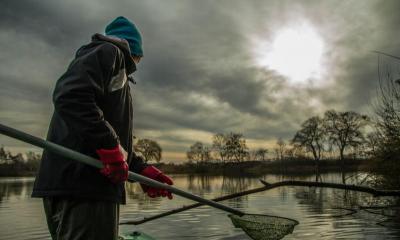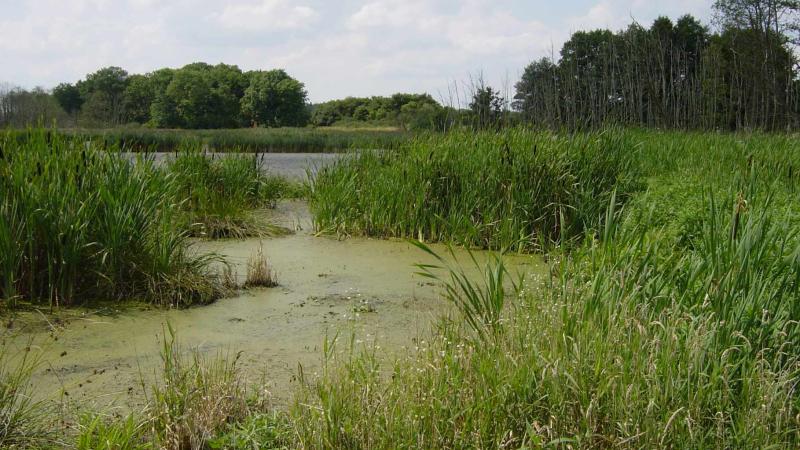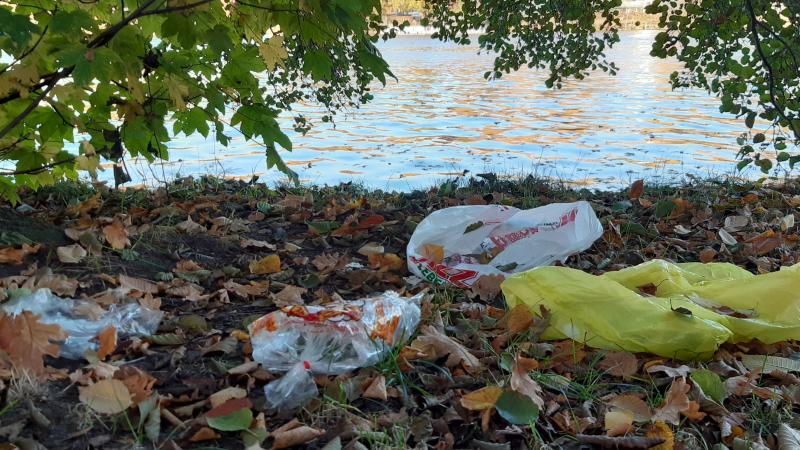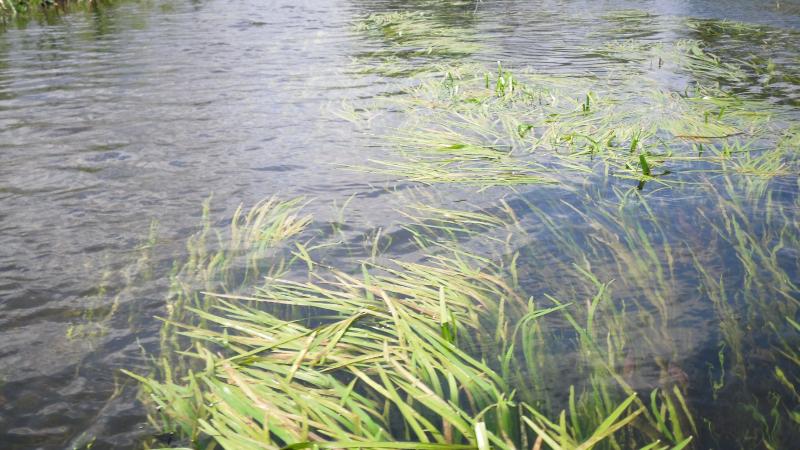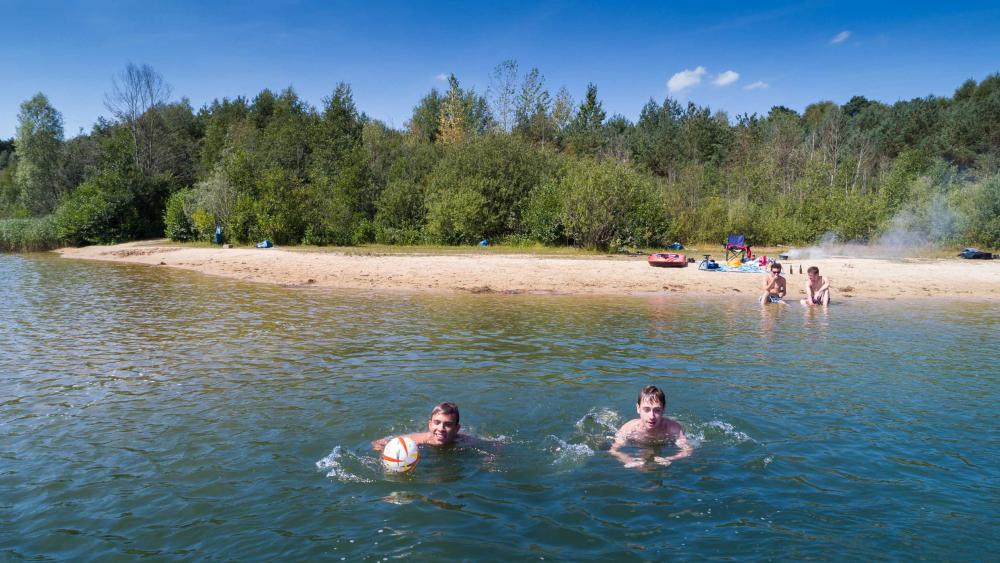
Obwohl Menschen Gewässer und Ufer intensiv für ihre Freizeit nutzen, wissen wir nach wie vor zu wenig über die Auswirkungen auf die Ökosysteme. I Foto: Florian Möller, AVN
Recreational activities such as angling, swimming, shore use or boating can have a negative impact on animals and plants and affect water quality: People and dogs can trample plants on the shore and compact the soil, intensive boat traffic can destroy refuges for larvae and juvenile fish in rivers, and the use of lakeshores can impair the breeding success of birds. Researchers from IGB, the Technical University of Dresden and the Humboldt University of Berlin have now, for the first time, summarised and comprehensively analysed the knowledge on recreational ecology at bodies of water.
They assessed the ecological impacts at three levels of biological organisation – individuals, populations and communities – for various animal and plant species. The impacts of boating and shore use resulted in consistently negative ecological impacts at all levels of biological organisation. For angling and swimming, the results were less clear. Invertebrates and plants were most affected by human recreational activities.
Trade-off between recreation and conservation
"Conservation policy can be improved if it is based on sound knowledge of the ecological impacts of water-based recreation. We wanted to create a scientific basis for resolving conflicts between recreation and nature conservation at water bodies," said doctoral student and first author Malwina Schafft from IGB.
Ecological effects yes – but not generalised
The ecological effects of water recreation are relevant to nature conservation if the effects are significant and, for example, affect threatened species groups or sensitive habitats. This assessment requires a case-by-case decision. However, the researchers advise against blanket regulation of water recreation, especially of individual forms of recreation: "Our study shows that, for example, shore use with or without dogs can have identical ecological effects as shore angling, swimming or boating. An isolated restriction of a single form of recreation, for example by prohibiting access, therefore has little chance of success if other recreational uses at the watercourse remain permitted at the same time," explained project leader Prof. Robert Arlinghaus from IGB and the Humboldt University of Berlin.
Human-free protected zones as reference waters
The researchers recommend expanding monitoring activities and, in this context, creating completely undisturbed reserves that serve as reference waters completely unaffected by humans. These waters must be located away from settlements and roads in low-noise areas so that there is no unauthorised use by walkers and swimmers. This is the only way that species sensitive to disturbance will settle. The effects of water recreation can thus be assessed more robustly. So-called experimental disturbances are also recommended, i.e. study designs that mimic water body use in randomly selected areas, while at the same time excluding other areas from use. These types of studies are completely lacking so far.
"An important finding of our synthesis work is the need for methodologically good scientific studies to evaluate protective measures and restrictions in the context of water use. For many forms of use and species groups, we have not been able to identify any robust study at all," said Malwina Schafft.



